How to Avoid Medicare Open Enrollment Scams
Scammers are jumping on the Medicare open enrollment bandwagon along with fraudsters sending bogus bills for COVID-19 tests. Here’s how to avoid them all.

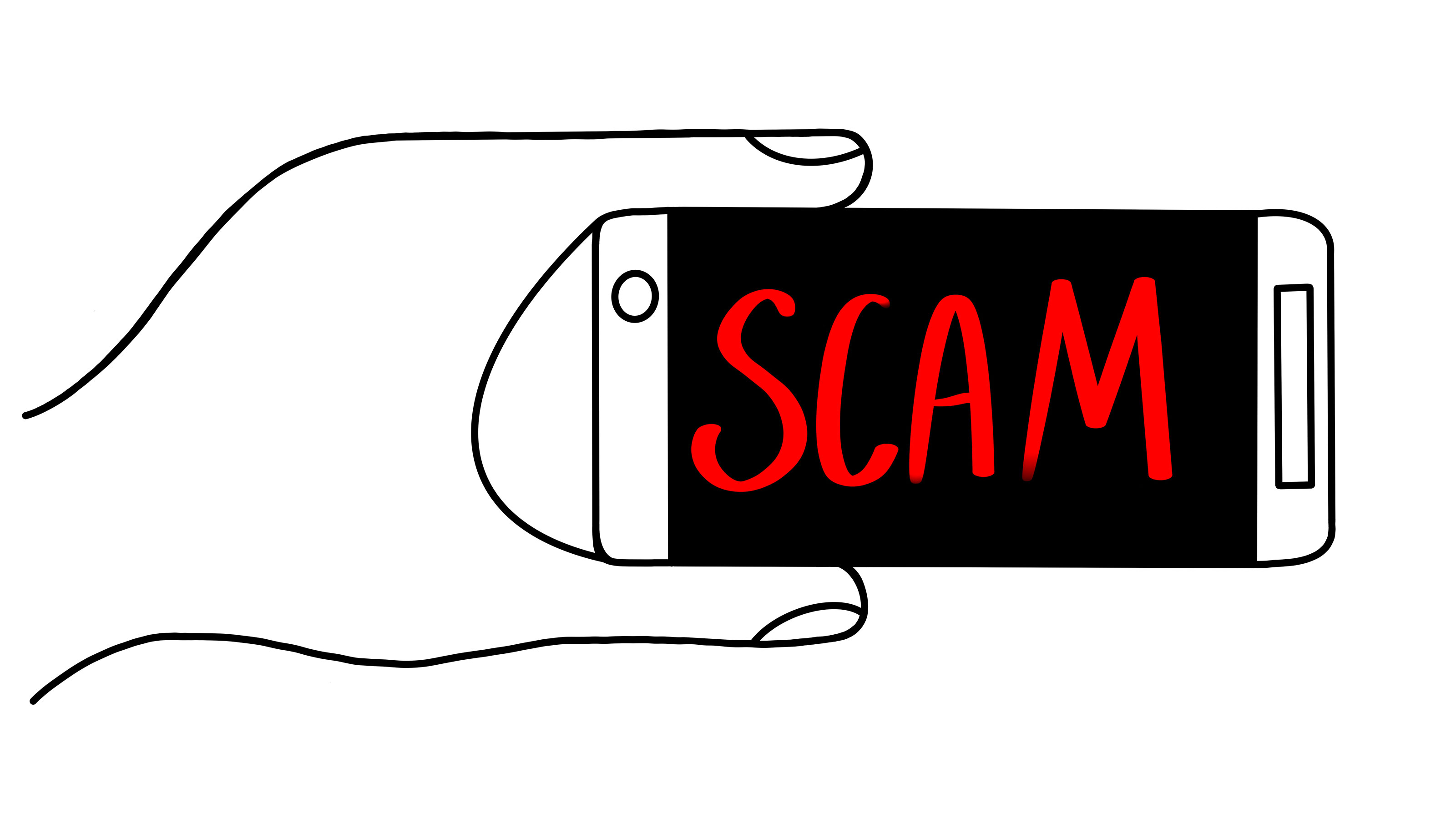
Profit and prosper with the best of Kiplinger's advice on investing, taxes, retirement, personal finance and much more. Delivered daily. Enter your email in the box and click Sign Me Up.
You are now subscribed
Your newsletter sign-up was successful
Want to add more newsletters?

Delivered daily
Kiplinger Today
Profit and prosper with the best of Kiplinger's advice on investing, taxes, retirement, personal finance and much more delivered daily. Smart money moves start here.

Sent five days a week
Kiplinger A Step Ahead
Get practical help to make better financial decisions in your everyday life, from spending to savings on top deals.

Delivered daily
Kiplinger Closing Bell
Get today's biggest financial and investing headlines delivered to your inbox every day the U.S. stock market is open.

Sent twice a week
Kiplinger Adviser Intel
Financial pros across the country share best practices and fresh tactics to preserve and grow your wealth.

Delivered weekly
Kiplinger Tax Tips
Trim your federal and state tax bills with practical tax-planning and tax-cutting strategies.

Sent twice a week
Kiplinger Retirement Tips
Your twice-a-week guide to planning and enjoying a financially secure and richly rewarding retirement

Sent bimonthly.
Kiplinger Adviser Angle
Insights for advisers, wealth managers and other financial professionals.

Sent twice a week
Kiplinger Investing Weekly
Your twice-a-week roundup of promising stocks, funds, companies and industries you should consider, ones you should avoid, and why.

Sent weekly for six weeks
Kiplinger Invest for Retirement
Your step-by-step six-part series on how to invest for retirement, from devising a successful strategy to exactly which investments to choose.
With the annual Medicare open enrollment period comes a new wave of scammers looking to take advantage of beneficiaries. With under two weeks left in the period, it's important to not get scammed as you're putting your choices together.
The Federal Trade Commission (FTC) published a list of what to look out for and how best to avoid falling victim to these Medicare scams. You probably began seeing ads about plans when you were preparing for Medicare open enrollment on your TV and phone as well as through mail and email. But don’t forget, the FTC cautions, scammers follow the news, too.
“When it’s Medicare open season, or when health insurance is a big story, scammers get busy contacting people,” the FTC said on its website. “They want your Social Security number, financial account numbers or insurance information.”
From just $107.88 $24.99 for Kiplinger Personal Finance
Become a smarter, better informed investor. Subscribe from just $107.88 $24.99, plus get up to 4 Special Issues

Sign up for Kiplinger’s Free Newsletters
Profit and prosper with the best of expert advice on investing, taxes, retirement, personal finance and more - straight to your e-mail.
Profit and prosper with the best of expert advice - straight to your e-mail.
To avoid being scammed, the FTC said to never give your personal information to anyone who contacts you out of the blue, even if they claim to be from the government or Medicare.
“Remember that Medicare will never call you to sell you anything or visit you at your home," the FTC said. Medicare, or someone representing Medicare, will only call and ask for personal information in limited situations, the agency added.
You should never click on links, open attachments or call any numbers if you receive messages claiming to be from Medicare, the FTC said. These are probably scammers phishing for personal information.
“Throw away the mail, delete the messages or get off the phone,” the FTC said.
COVD test kit fraudsters also want your info
Earlier this year, the FTC also warned that Medicare recipients are being targeted in free COVID-19 test kit scams with scammers trying to convince people to disclose their Medicare information. In a June 8 blog, the FTC warned consumers about scammers stealing Medicare numbers and billing Medicare for COVID-19-related services in the name of Medicare recipients.
According to an October 16 KOAT-TV news story, scammers are still at it, recently trying this scheme on two Albuquerque, New Mexico, residents.
If you receive a COVID-19 test kit that you didn’t order, don’t pay for it, the FTC said. “By law, companies can’t send unordered merchandise to you, then demand payment,” according to the FTC’s website. “That means you never have to pay for things you get but didn’t order. You also don’t need to return unordered merchandise. You’re legally entitled to keep it as a free gift,” the agency said.
If you need help comparing Medicare costs, coverage and plans, the State Health Insurance Assistance Programs can provide local insurance counseling and assistance.
See Medicare’s fraud and abuse site for more information about these types of incidents and how to report them.
In addition, the FTC advises that if someone contacts you pretending to be from Medicare, call 1-800-MEDICARE and also report it to the FTC at ReportFraud.ftc.gov.
Related Content
Profit and prosper with the best of Kiplinger's advice on investing, taxes, retirement, personal finance and much more. Delivered daily. Enter your email in the box and click Sign Me Up.

Joey Solitro is a freelance financial journalist at Kiplinger with more than a decade of experience. A longtime equity analyst, Joey has covered a range of industries for media outlets including The Motley Fool, Seeking Alpha, Market Realist, and TipRanks. Joey holds a bachelor's degree in business administration.
-
 Nasdaq Leads a Rocky Risk-On Rally: Stock Market Today
Nasdaq Leads a Rocky Risk-On Rally: Stock Market TodayAnother worrying bout of late-session weakness couldn't take down the main equity indexes on Wednesday.
-
 Quiz: Do You Know How to Avoid the "Medigap Trap?"
Quiz: Do You Know How to Avoid the "Medigap Trap?"Quiz Test your basic knowledge of the "Medigap Trap" in our quick quiz.
-
 5 Top Tax-Efficient Mutual Funds for Smarter Investing
5 Top Tax-Efficient Mutual Funds for Smarter InvestingMutual funds are many things, but "tax-friendly" usually isn't one of them. These are the exceptions.
-
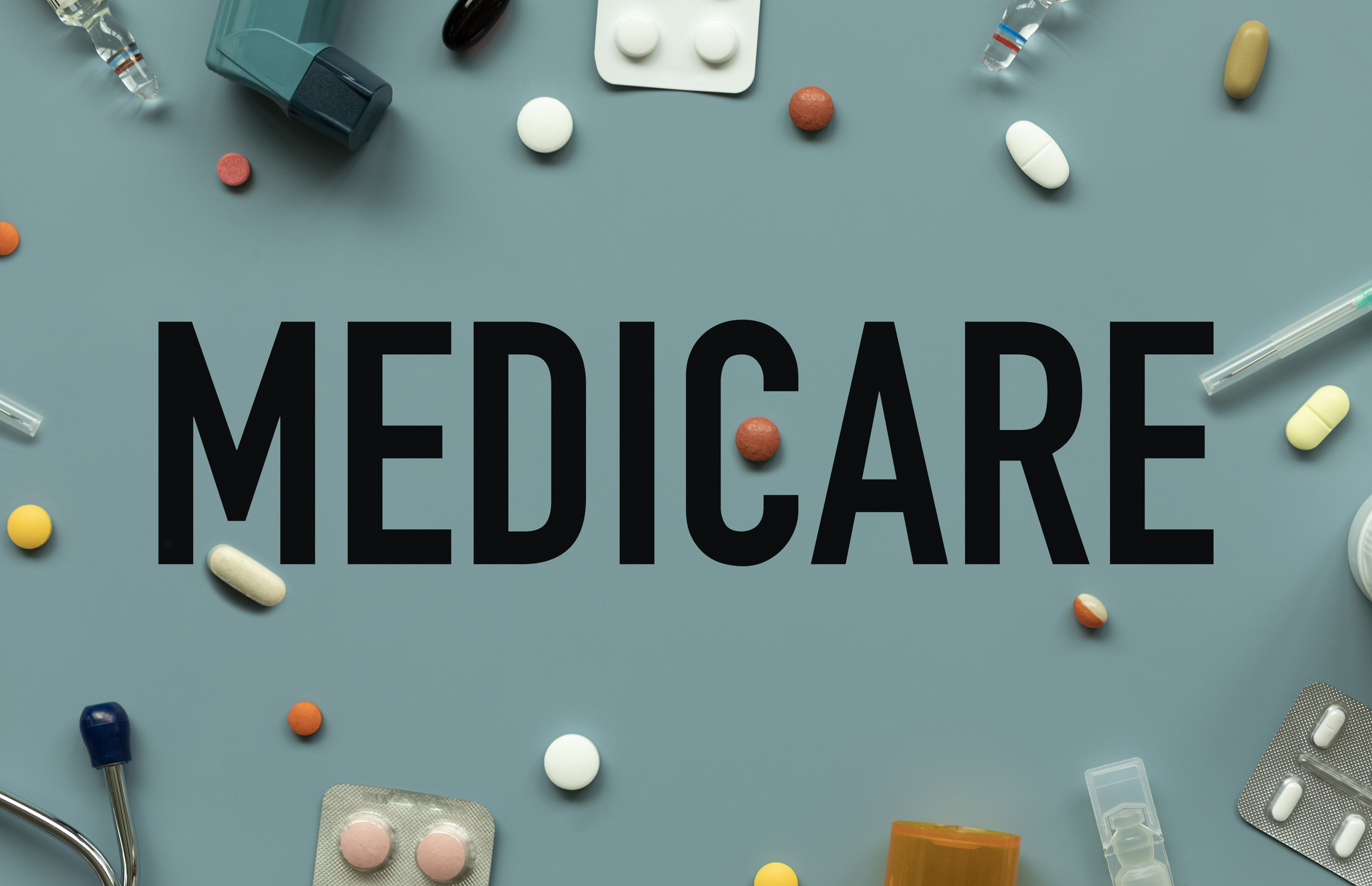 Medicare Open Enrollment Blog 2026: Options if You Missed Open Enrollment
Medicare Open Enrollment Blog 2026: Options if You Missed Open EnrollmentInformation you can use year-round to manage your Medicare needs.
-
 Medicare or Medicare Advantage: Which Is Right for You?
Medicare or Medicare Advantage: Which Is Right for You?From overall costs to availability of care, here's what to know about the differences between traditional Medicare and Medicare Advantage plans.
-
 Medicare Upgrades Could Disqualify Your Private Plan
Medicare Upgrades Could Disqualify Your Private PlanIf you're delayed taking Medicare because you have employer coverage, changes ahead may disqualify your plan.
-
 Five Ways to Fund Medicare Part A
Five Ways to Fund Medicare Part AThe Tax Letter Higher taxes can help stave off the projected 2036 insolvency of Medicare's Hospital Insurance trust fund.
-
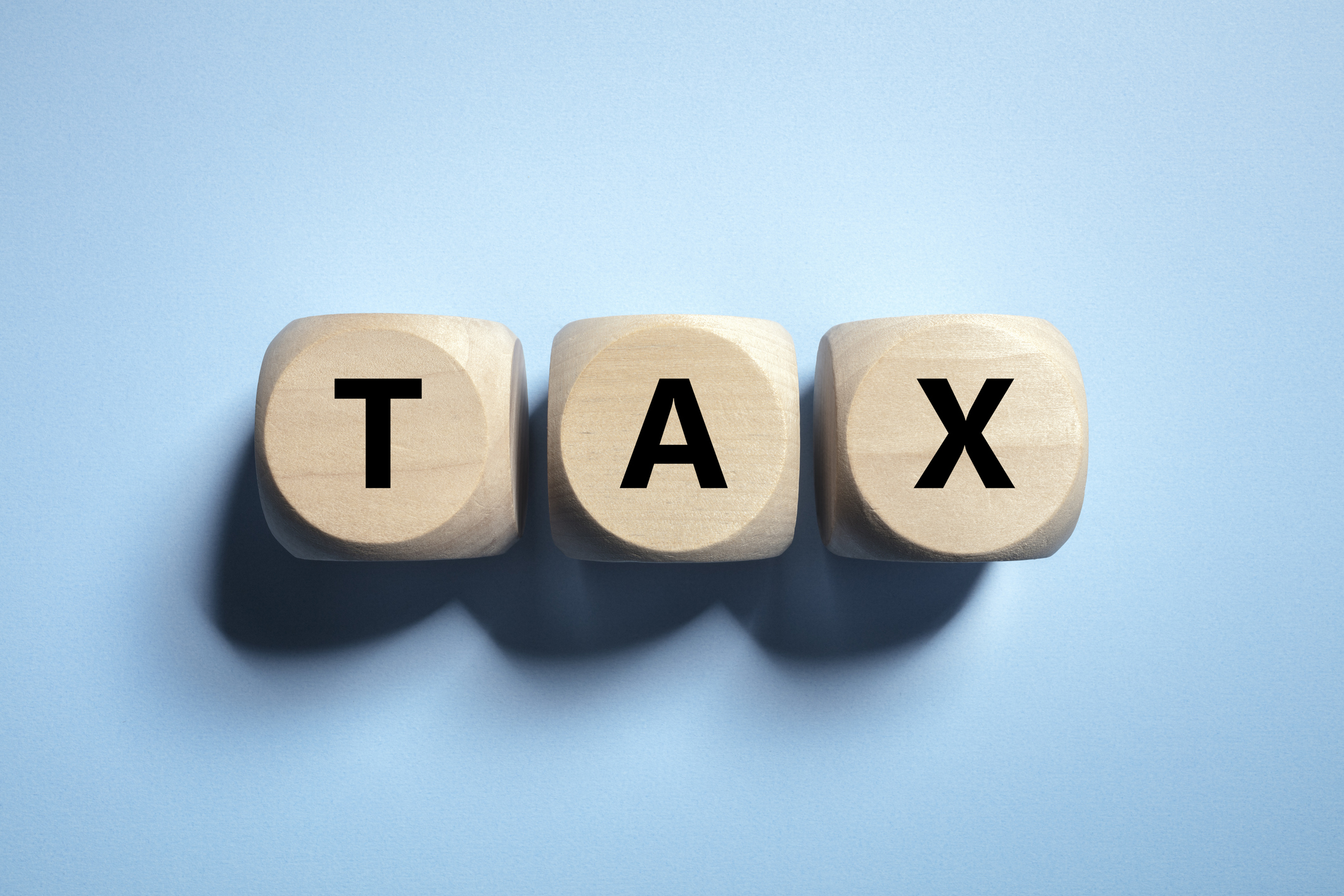 Medicare Tax: Five Things Every Worker Needs to Know
Medicare Tax: Five Things Every Worker Needs to KnowPayroll Taxes It's important to know how Medicare tax works.
-
 Medicare, ACA Call Center Workers To Hold Another Protest: What To Know
Medicare, ACA Call Center Workers To Hold Another Protest: What To KnowMedicare and Obamacare call center employees plan another protest, this time in Washington, DC on December 12.
-
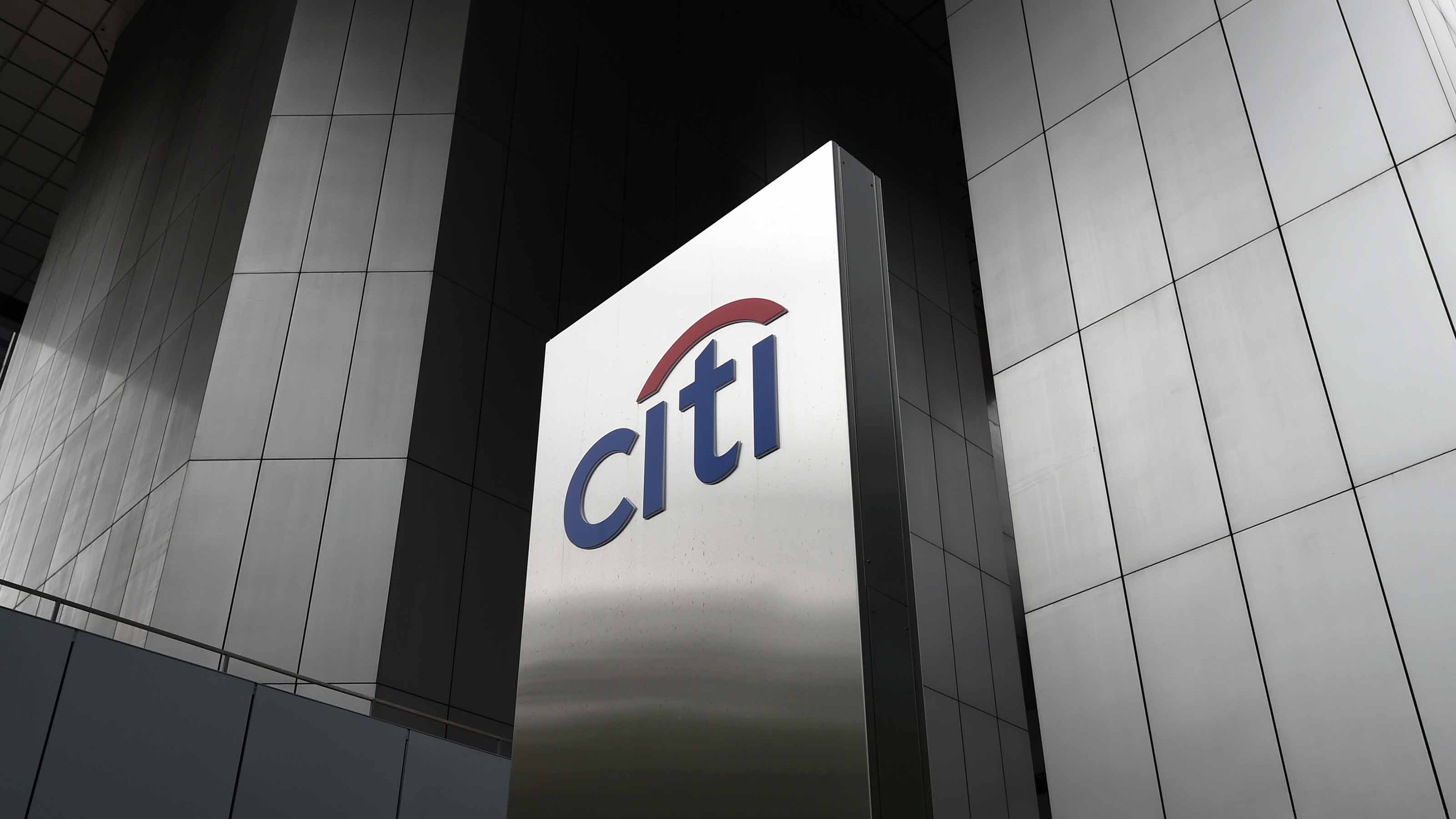 Citi Begins To Put You Into 'Relationship Tiers' This Month
Citi Begins To Put You Into 'Relationship Tiers' This MonthCiti's new structure for retail accounts resembles travel rewards programs that offer more perks as balances increase.
-
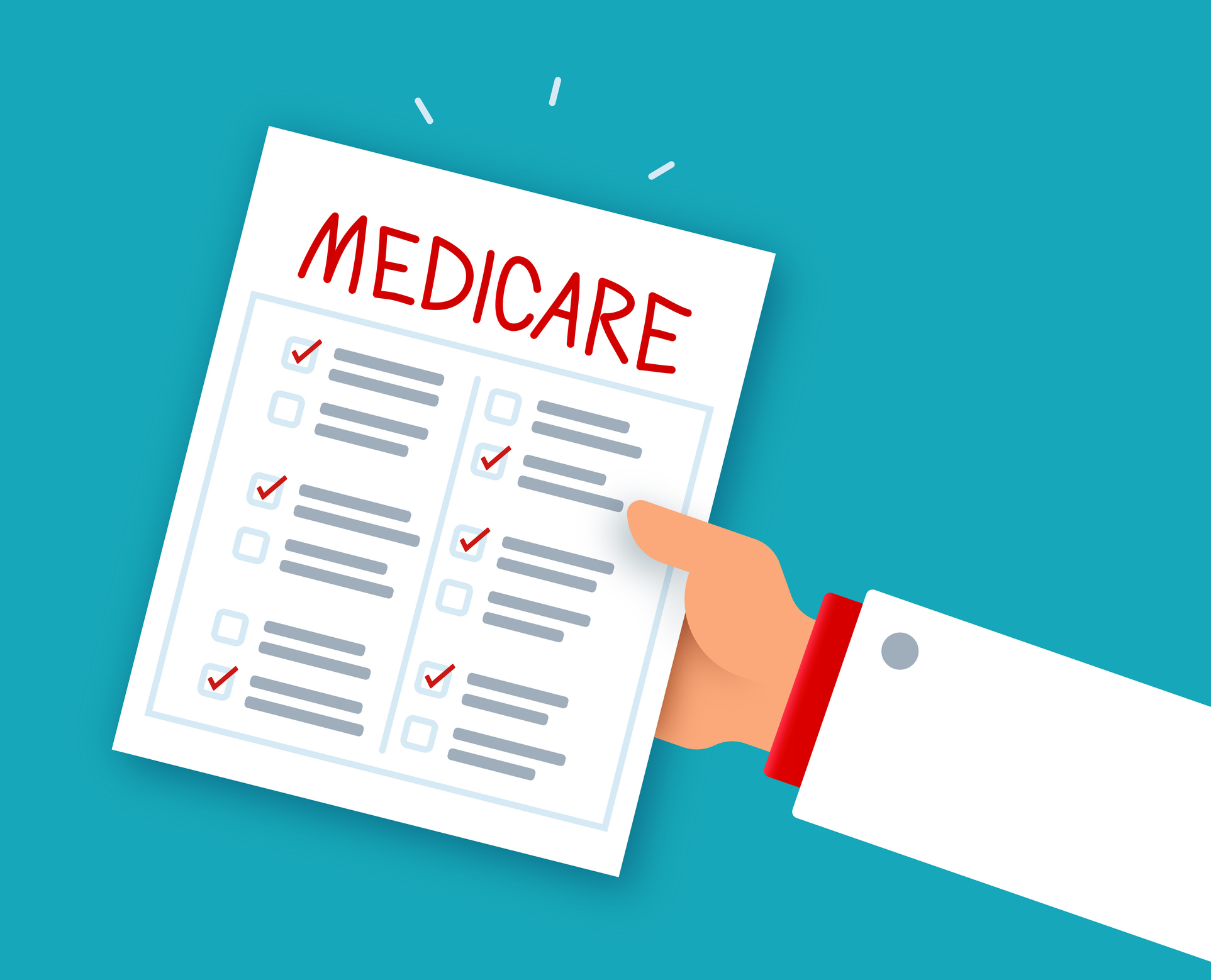 Hospitals Say Increased Medicare Reimbursement Is Not Enough: Kiplinger Economic Forecasts
Hospitals Say Increased Medicare Reimbursement Is Not Enough: Kiplinger Economic ForecastsEconomic Forecasts Medicare will bump up hospital reimbursements by 3.1% in 2024, but the industry says it's not enough as it comes off its worst financial year of the pandemic.